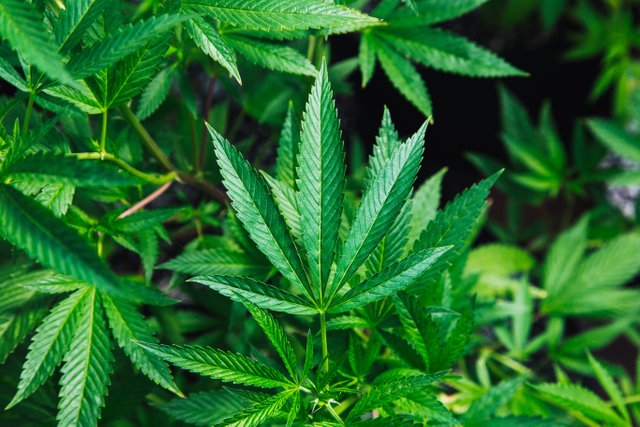Weed, autonomy, and the last year of progress toward reform in Australia

About a year ago, I wrote about the Nimbin MardiGrass, and the political malaise that has stifled the possibility of reform of how cannabis is dealt with in Australia.
I argued that the existing laws failed both utilitarian and libertarian tests. They fail satisfy libertarian intuitions because they fail to enhance or protect the rights of individuals to make choices about their lives:
All things considered, choice is good. The notion that people can and should make choices for themselves sits at the core of liberal democracy. It’s also a big part of respecting a people as people. If you don’t respect someone’s autonomy – their right or ability to choose – then how much do you actually respect them? If you believe that choice has any value, then taking people’s choice away requires some justification.
I also argued, and on this many people agree, that the current prohibition of cannabis has comprehensively failed any to satisfy any test of protecting people for ‘the greater good’.
I don’t think many drug dealers are asking their clients if there’s a history of mental illness in their family. And even though most of them are prohibited now, the only reason we even had potentially lethal synthetic cannabinoids was to get around the illegality of the natural version. The cost of prohibition is high, both to individuals on the wrong side of the law and to the taxpayer that funds this whole misadventure — and that’s before we even consider the potential tax revenue.
This dual failure strikes at the core of law-making. If a law that is supposed to keep us safe by restricting our freedom fails to make us any safer, then what exactly is the law for? I would argue that politicians should be interested in either the safety or freedom of their constituents. Actually, they should be interested in both, but given politics in Australia, that’s probably a bit optimistic.
More recently, I wrote another article noting that there’s been some small signs of progress here.
A Victorian Parliamentary Inquiry into Drug Law Reform recommended that all drug issues be treated using the health system rather than criminal sanction wherever possible. This has its drawbacks, but is better than nothing in the interim.
Other than that, the recommendations regarding recreational cannabis were distinctly weak - despite the mainstream media excitement. The report recommended that the Victorian Government set up a drug advisory council (which it might not). This council may (or may not) investigate how relevant legalisation laws have worked overseas. Then, perhaps, it will recommend that we try something similar (or not). Finally, the government of the day would need to have both the political courage to attempt to implement the findings and the numbers to do so.
While the intentions are good, an approach relying so heavily on the health aspect of reducing prohibition still fails to respect people’s autonomy. Sending health people to rehab because they got busted with a bit of weed is a waste of time and money, and may just be a proxy for criminal punishment.
The recent push by the Australian Greens to legalise recreational cannabis for adults is somewhat better. It’s details aren’t groundbreaking: lightly tax and regulate + a modest provision for growing your own. But they do have a bit of liberty smuggled in amongst all the talk about health outcomes and reducing money going to criminal organisations: under this plan, non-problematic cannabis use isn’t a health issue, it’s a non-issue - which is as it should be.
There isn’t as much talk of autonomy in any of this as I would like. I noted that this is both a philosophical and political failure:
We don’t solely consider the overall outcome when weighing the ethics of a decision or policy. Notions of individual rights, including the right to make our own decisions, are deeply embedded in our culture. What this means is that we like to think that so long as something isn’t profoundly dangerous, and doesn’t infringe upon the similar rights of others, our choices are our own business and no one else’s.
Maybe this lack of consideration for autonomous choice occurs because politicians struggle to respect voters as anything other than means to an end. But in the meantime, I’d settle for a little more freedom via a half-decent market solution, especially since it will actually do more for the safety of the community than our current regime.

Photo by Rick Proctor on Unsplash
Custom footer by @bearone
Daniel Andrews is that kid in school who said "When I grow up I'm going to legalise weed".
Yep - he wants to be cool so badly, but the other kids just aren't buying it! Being newer to Victoria, I took it to be him wanting to be all things to all voters.